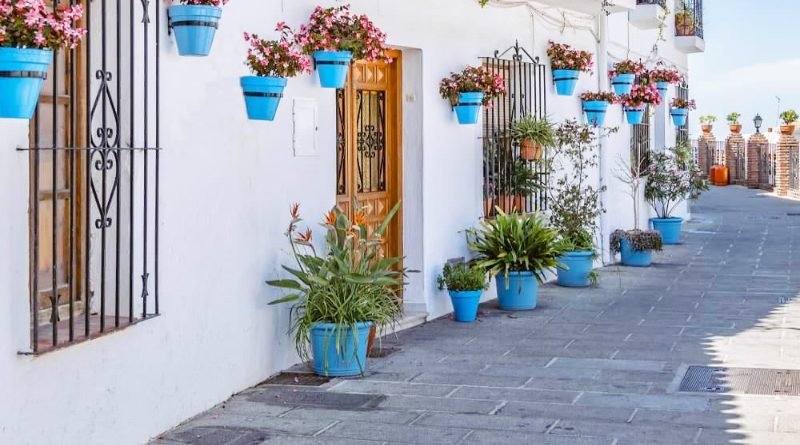How does the process of buying a house in Spain differ from other European countries?
Buying property in Spain today is a great opportunity to improve your living conditions, to settle in a beautiful European country, where the climate, the beauty of the surrounding nature, and magnificent cities will bring you a lot of positive emotions. The Spanish real estate market today is experiencing a significant increase in demand for almost all types of properties located in all corners of the country. Whether it’s an old Spanish mansion that has preserved the true Spanish spirit, or an apartment in a new residential complex, any type of home can be found by the buyer.
Regardless of where you will buy real estate and what characteristics your future home has, the acquisition process consists of the following stages:
- obtaining a NIE (Número de Identificación de Extranjero);
- opening an account in a Spanish bank;
- signing a preliminary booking agreement;
- payment of the security deposit;
- checking the property for due diligence;
- signing a purchase and sale agreement;
- acceptance of ownership of the property;
- carrying out all subsequent actions for the maintenance of the acquired property.
The process of buying property in Spain is generally similar to that in other European countries. However, there are some differences.
Distinctive features of buying a home in Spain
- Obligation to obtain a NIE – foreigner identification number. This number is very important for non-residents wishing to carry out various legal and financial transactions. There is no such requirement in some European countries.
- The role of a notary in real estate transactions. Unlike many European countries, a notary in Spain is not required to verify the legal side of the sale and control all the paperwork, as, for example, in France. All responsibility here lies with the buyer, so a lawyer knowledgeable in the legal intricacies of Spanish law is involved in the transaction in order to protect the buyer. Involving a lawyer guarantees a thorough check regarding the seller’s existing debt obligations, clarification of information about the owner of the property, etc.
- An important stage in buying property in Spain is the signing of a preliminary agreement to reserve the property, after which it is removed from sale. According to this agreement, the buyer must pay a deposit amounting to about 10% of the price of the purchased property. The preliminary agreement stipulates the procedure and deadline for payment of the cost of the property, the conditions for terminating the transaction, and other special conditions. If the transaction is terminated at the initiative of the buyer, the deposit amount is not returned.
Similar agreements exist in other countries, but they may differ significantly from Spanish ones in structure and content.
- There are differences in getting a mortgage loan. For example, in France a guarantee is required to obtain a loan; in Spain this process is simplified. In addition, in Spain mortgages are issued at a lower interest rate than in other countries. Also lower are the Spanish tax rates that the buyer must pay when buying property in Spain.
- The difference is that the main purchase and sale agreement must be signed at a notary’s office. In the practice of other countries, it is practiced to sign an agreement under different conditions.
- It is very important for the buyer to understand all the procedures for buying property in Spain, in particular the amount of additional costs or the consequences of non-payment of taxes. The buyer must be clearly aware of all the taxes and fees associated with the transaction, which may be fundamentally different from the taxation of other countries. And here again there is a need to address an experienced lawyer who speaks the buyer’s native language.
- Please note that if the purchased property is part of a community of owners, the new owner must be aware of the rules of the community and the payments that will need to be made to maintain common amenities and locations. This focus on community associations is typical of the Spanish property market.
In general, in order to avoid making the wrong actions due to ignorance of the specifics of the process of buying a home in Spain, it is recommended to contact specialists working in the real estate market. With their help, all difficult moments will be overcome and the transaction will be successfully completed.
Also visit Digital Global Times for more quality informative content.

